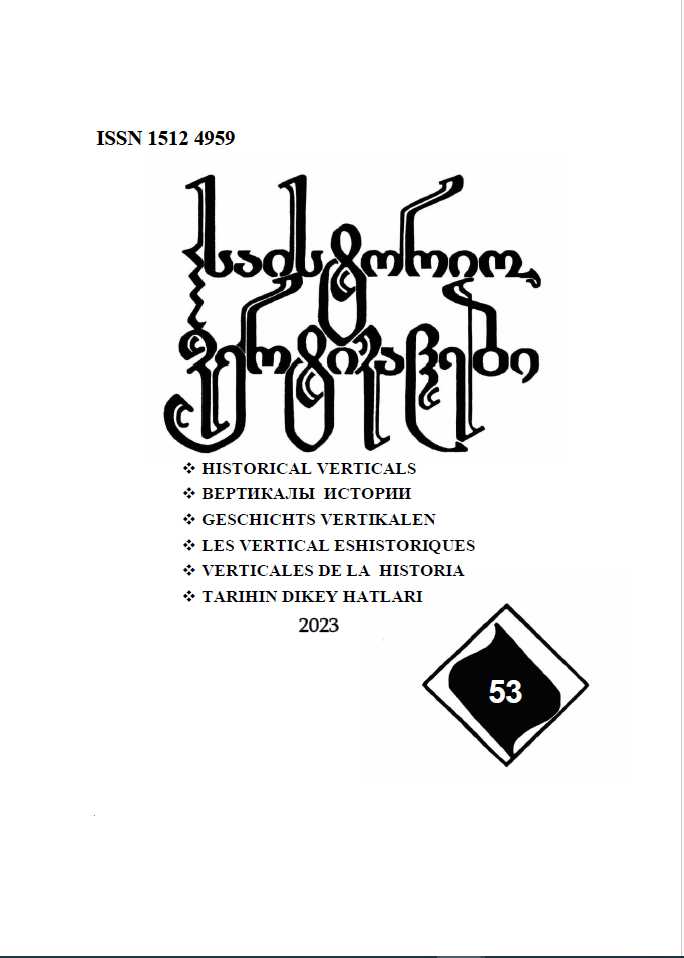THE WEST’S AND RUSSIA'S DIFFERENT APPROACH TO "SOFT POWER"
Main Article Content
Abstract
This article discusses the different approaches of the Western world and Russia to "soft power". The famous American scientist Joseph Nye introduced the new term "soft power" to the world at the end of the 80s of the 20th century. According to his definition, it is the ability of the state to influence other international actors by creating positive moods and attitudes without using "hard power". In fact, it is a cultural force through which states fulfil their foreign policy goals. It is based on three main elements such as culture, political values and foreign policy. The most important and principled element that defines soft power as a culture-based means of influence is the voluntary nature of its use and respect of liberal principals. That is, its realization is carried out based on the common wishes of the parties, and not by violent and arbitrary methods.
While J. Nye established the term "soft power", the Soviet Union was counting the last years of its existence. The collapse of the socialist camp and the appearance of new international actors on the world stage created a favorable ground for the use of Western soft power. Through its efforts, Westernization of the main part of the European states of the former socialist camp was carried out.
The mentioned circumstance was totally unacceptable for the ruling elite of Russia.
President V. Putin aimed to regain influence over the former Soviet countries, for which it was necessary to make some changes in foreign policy. In 2007, the term "soft power" appeared for the first time in official Russian documents. This mechanism was created as a tool for influencing neighboring states. Despite the establishment of a similar term, its content is significantly different from the Western "soft power".
In fact, the ruling elite of Russia have developed a mechanism against the Western model. First of all, its purpose is to demonize liberalism and create negative sentiments against Western democracy in its neighboring states. His second task is to present Russia as the only defender of traditions, national identity and Orthodoxy in the world.
A. Dugin's ideological model of neo-Eurasianism played a big role in its development. It is based on conservative values and opposes the Anglo-Saxon civilization, namely the Europe-US-Canada alliance. A. Dugin states that the mentioned countries are maritime states whose main values are freedom, individualism and market economy, and from an ideological point of view they support the globalization of ultra-liberalism.
According to neo-Eurasianism, Eurasia in its essence includes the conservative philosophy of continentalism - typical for terrestrial states, whose main values include traditionalism and religion.
Thus, Russia and the Western world have different approaches to soft power. The Western model aims to pursue mutually beneficial policies based on attractiveness in accordance with one's own interests. In the case of Russia, it is possible to include all instruments that do not fit into the definition of hard power in the definition of soft power. At the same time, it aims only to pursue its own political interests, for which it convinces the targeted state with the support of propaganda, disinformation or anti-systemic forces. Accordingly, the mentioned approach has nothing to do with the basic understanding of soft power.
